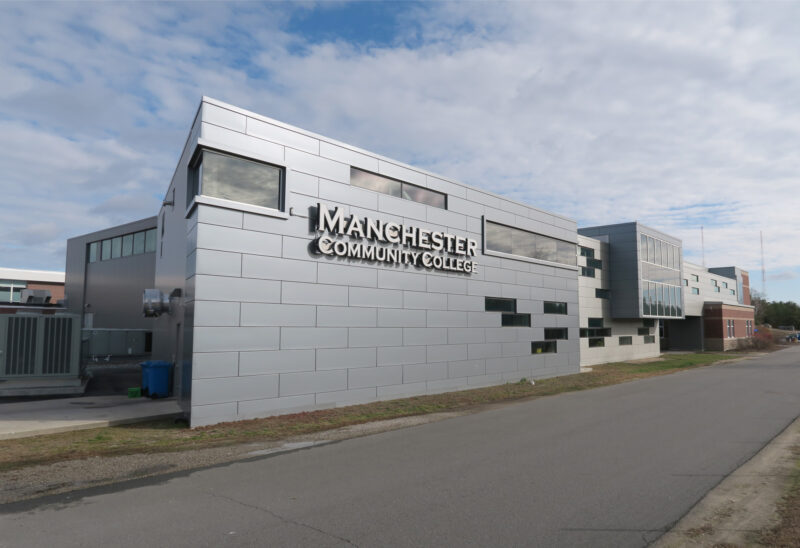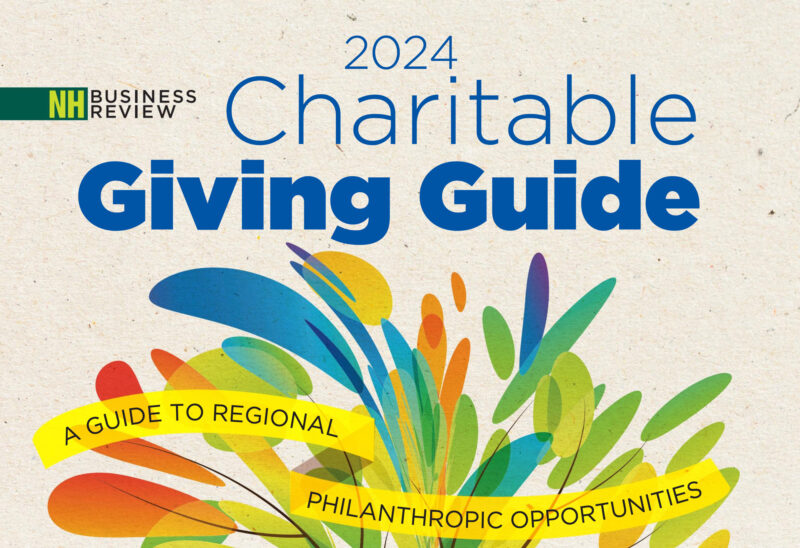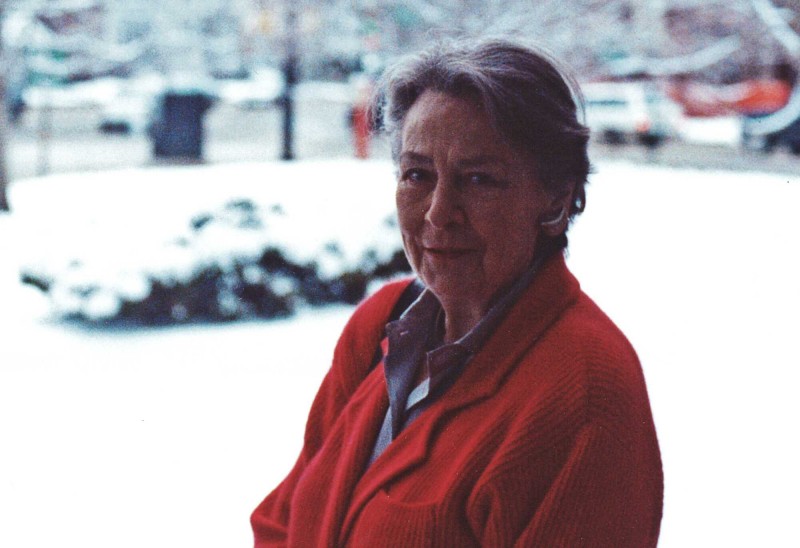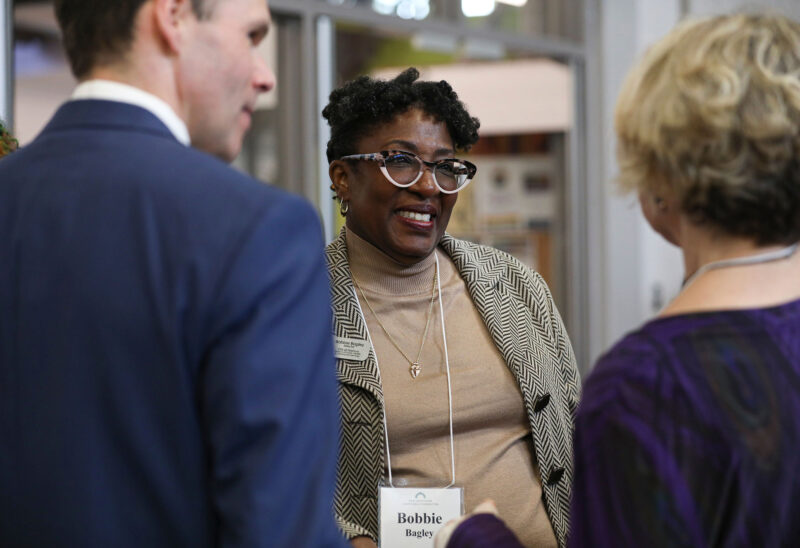Phil Wyzik of Monadnock Family Services spoke at a Charitable Foundation community event in Keene in September. A transcript of his remarks follows.
Good evening. It’s a pleasure to be here today, and I want to thank the Charitable Foundation for bringing us all together to hear about how we can make New Hampshire a place for all.
I’ve been involved in community mental health work like this since 1988. While my professional career started as an addiction counselor, I soon found myself working for a community mental health center in Massachusetts, and the work really spoke to my values of service, especially people you might call ‘underdogs.’ I was drawn to working with clients whose needs were huge: symptoms, poverty, stigma, isolation, poor housing, poor physical and dental health — people most of society didn’t want to think about nor trust nor welcome. These are folks who are worthy of respect, open to change, and who can do remarkable things.
I’ve been the CEO of Monadnock Family Services since 2012. Like the other nine community mental health centers in New Hampshire, our focus is on kids and adults whose mental health challenges have caused some type of disability in their life.
One thing that impressed me from the start was the fact that the region has a great deal of collaboration, partnerships, relationships that clearly make up “community” in every sense of the word. We have a rich legacy of social capital, that’s very clear to me on a regular basis in the course of my work.
A community mental health center is a private not-for-profit with a public mission. By contract with the state, we have to provide a core array of services to the general public — like emergency crisis services — and the treatments and programs that kids or adults need should they have a disabling mental health condition. We do things that no other healthcare provider can do. You might first think that a center like ours brings people to their buildings for counseling or medication appointments, but you might not know that we’re in the woods in Fitzwilliam or Keene, or Jaffrey with people facing homelessness, or in a school or business after a suicide, or in a court or jail working with partners to help our minority of clients who may have landed there.
This work is more important than ever, and in many ways, community mental health center’s are the first line of defense. Consider that the CDC projects that 2022 will have the highest number of deaths by suicide — over 49,000. That’s about 12,000 more than would fit in Fenway Park. Last month, the U.S. Surgeon General issued a stunning message to the county. Vivek Murthy said, “Mental Health has become the defining public health and societal challenge of our time.”
According to epidemiologist Maggie Graul at Cheshire Medical Center, we know that the Youth Risk Behavior Survey data we have from local high school-aged youth during 2021 indicates that 1 out of every 3 youth reported that their mental health was not good most of the time, and 1 in 10 youth attempted suicide with females and LGBTQIA+ identifying youth at higher risk.
In fiscal year 2023, we touched the lives of 2,489 individuals, some just once, some many times each month, and a few many times a week. We serve people with significant challenges.
Maybe it’s the kid who is failing school because of anxiety problems, or the young person whose voices in their head are only calmed by drugs or alcohol, the older adult whose depression and isolation keeps them in bed all day long.
74 percent of our clients have Medicaid, which means that their struggle with poverty is a daily phenomena in their life.
Still, there are stories of hope we can point to all over the place. We are making service innovations that focus on the whole person, not just their symptoms. We need to be creating healing experiences for our clients that draw them into a trajectory of health. That means connections to other people, community resources and as much independence as possible. I could tell you about:
Timothy, the young man who, because of his depression and paranoia, was estranged from his loving family for over a decade. Now, he works, owns a car, visits with his mom in Peterborough regularly, and enjoys family vacations with his siblings. Here, he’s one of 50 people making hand-blown pieces of glass at the Hot Glass Art Studio that are now hanging in our new building on Avon Street.
Or the young lady Jessica, who, after years of revolving inpatient admissions and struggles in high school now lives independently, works a part-time job, entered a CAN training program, and speaks in front of groups about the importance of mental healthcare. She loves her cat.
Or the recent high school grad Elli, who at age 16 knew that her panic attacks were not normal, that the anxiety that caused her frequent headaches and stomach problems was also causing her to fail in school. Asking her parents to get her help, she got treatment from a counselor of ours in Peterborough and the course of treatment was successful. She’s now in her first year of college where she is studying counseling.
The most important asset our organization has is our staff. The post-pandemic times we live in are making that fact more important than ever. Organizations everywhere face huge shortages of workers. We have to focus on engagement, training, flexibility, and compensation so that people bring their best energies and talents to the job every day.
Because of the changing hiring climate, we know it’s more important to give our people the tools they need to do the job more effectively.
We’re spending considerable time and resources to improve our electronic medical record as that is the essential framework that shapes our service delivery, financial performance, reporting and compliance obligations.
But more importantly, believe it or not, a tool is the atmosphere people work in. It sends a message of healing, welcome and respect to clients who feel they have none of that in their life.
To that end, we are realizing a goal, seven years in the planning, to combine all our Keene services into one campus that will be state of the art in design — an environment of hope and healing, a space that works for our work.
Like I said, the need has never been greater, but so too is our resolve and our philosophy that we are better when we all are together.
A New Hampshire for all is a place where we do not give up on people, where every person can live with dignity, where mental health is treated on par with physical health, a place where people are able to get the care they need when they need it.

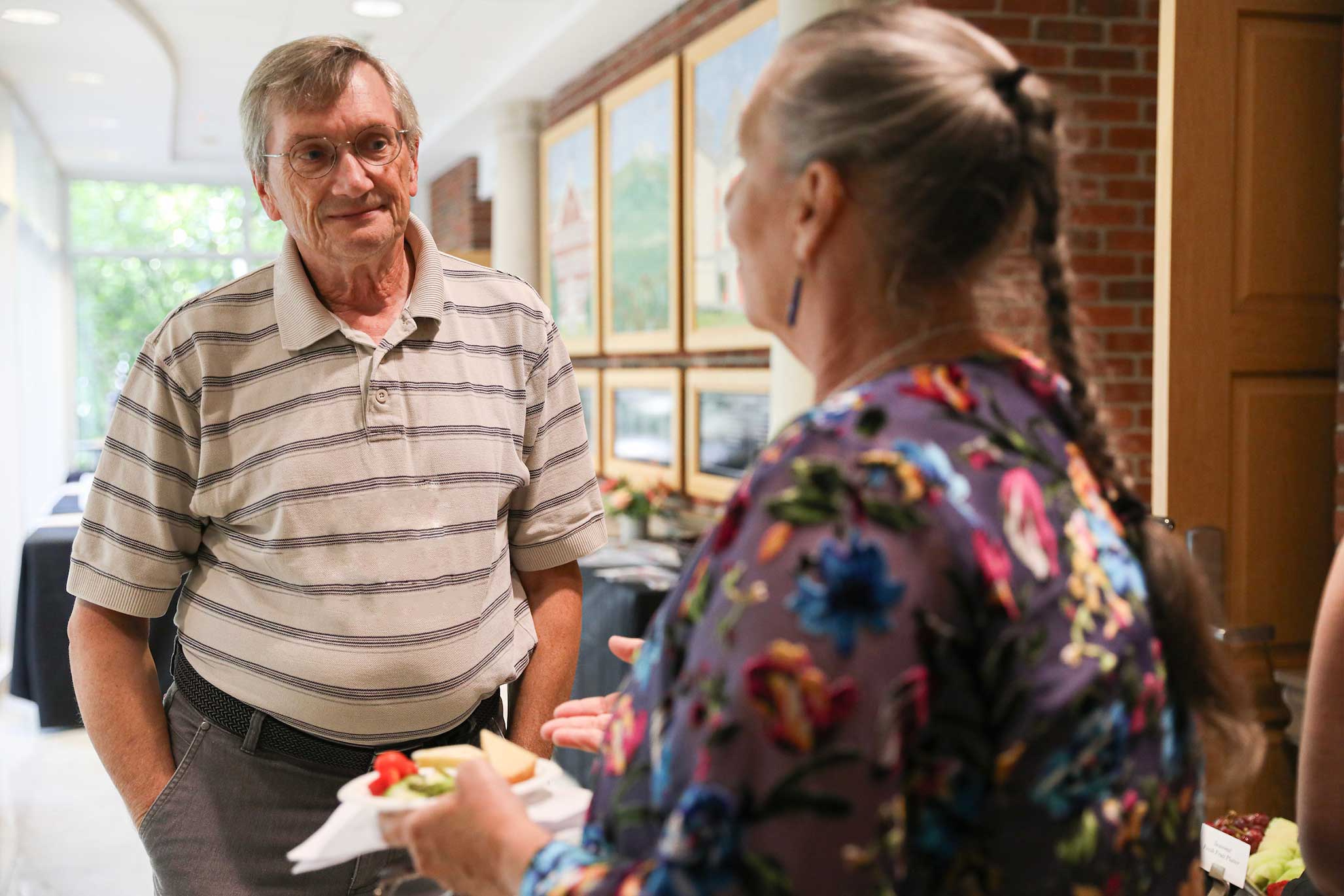







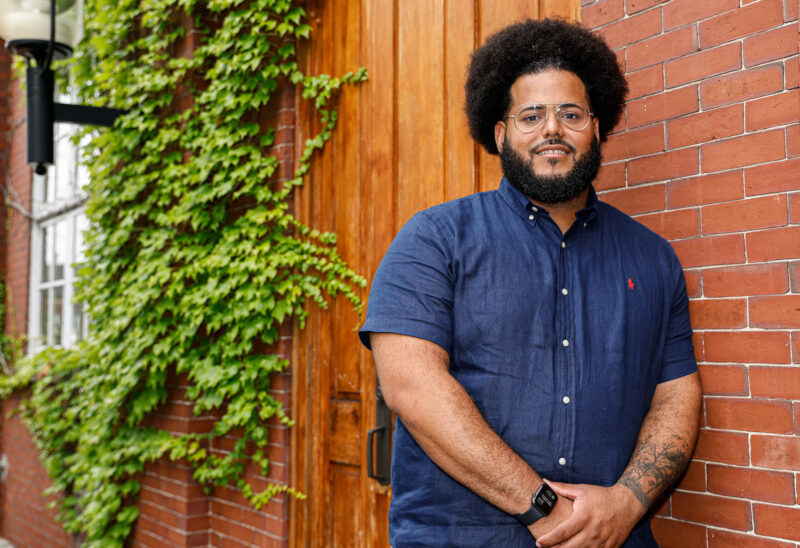

![Rev. Heidi Carrington Heath joined Seacoast Outright. [Photo by Cheryl Senter]](https://www.nhcf.org/wp-content/uploads/2024/05/Heidi-Carrington-Thumbnail-800x548.jpg)
![Dr. Jennie Hennigar treats a patient at the Tamworth Dental Center [Photo by Cheryl Senter]](https://www.nhcf.org/wp-content/uploads/2024/05/TCCAP-Hero-800x548.jpg)

